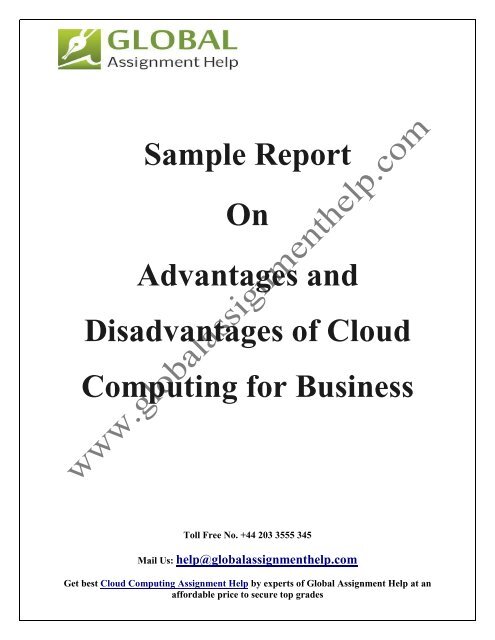

Once a vulnerability becomes known within one cloud provider, for instance, the tactic can spread quickly and often be successful with others. Common Provider Vulnerabilities: No system architecture is 100 percent foolproof, but one of the disadvantages of cloud storage service is that many of the platforms are constructed similarly.Whether it’s a spam email to trick employees into giving up their login credentials or pretending they’re a trusted party on social media, once a hacker gets his/her hands on a username and password, they’ll be able to snoop through your data virtually undetected. Phishing & Social Engineering: Due to the open nature of the cloud (you can access central data from virtually anywhere), phishing and social engineering attacks are becoming more common.However, the sheer number of devices that exist today (and are still increasing, from smartphones and tablets to the connected home and Internet of Things (IoT), there are more endpoint vulnerabilities than ever. Cloud providers threw billions of dollars into taking every measure that their customer’s data is secure (and still do).

Distributed Denial-of-Service (DDOS) Attacks: In the past, DDOS attacks against cloud platforms was virtually impossible.However, due to the centralized nature of cloud servers, and the increased number of end access points (any device with internet, as opposed to your own hard drive locked away in your home office) do raise the concern as it relates to specific varieties of cyber attacks:

Hacks, breaches, or cyber attacks tarnish their reputation and damage business, so it’s certainly not in their interest to be lax. That being said, most third-party cloud providers take great precautions when it comes to protecting their customer’s data. We pay a third party like Amazon or Microsoft to store our data so we don’t have to, and we can access it from anywhere there’s an internet connection. This is by definition the Software-as-a-Service (SaaS) or more recently Platform-as-a-Service (PaaS), that we’ve become accustomed to. Whether it’s Dropbox, Facebook, or Salesforce - businesses pay companies to store their data in the cloud primarily to make it accessible from anywhere. The “cloud” itself is simply a server where your data is stored off or away from your physical premises by a third party. First, let’s take a look at how the cloud is set up from a cybersecurity standpoint, so you can better understand potential vulnerabilities. Depending on the cybersecurity architecture implementation of the public (or private), a cloud provider may be more vulnerable to certain varieties of cyber attacks that are specifically designed to penetrate the cloud. One of the most obvious disadvantages of the cloud storage model that many businesses use is that that data isn’t under your own secure supervision.
Disadvantages of using cloud services for business how to#
So, is your data truly secure online, in the cloud? Read on for our top five disadvantages of cloud-based storage, and how to potentially mitigate them with this comprehensive guide. Moreover, upwards of 85 percent of organizations say that they keep some form of sensitive data in the cloud.Īre there disadvantages of using cloud storage when it comes to the privacy and security of your data? While cloud computing service has made managing data much easier and provides countless benefits in areas like analysis and automation, there is certain risk and drawbacks that you should be aware of when using cloud storage. The use of cloud computing is expected to grow at a rate of 6x through 2020, with over half of all information technology (IT) budgets now being allocated to the cloud. Whether it’s backing up files in Dropbox or storing customer data in Salesforce, it’s rare to find any business that doesn’t have at least some (if not all) of their critical data stored in the cloud.Īnd things don’t show signs of slowing down anytime soon. There’s no way around it, successfully doing business in today’s connected, fast-paced environment requires that you make use of cloud computing and storage.


 0 kommentar(er)
0 kommentar(er)
